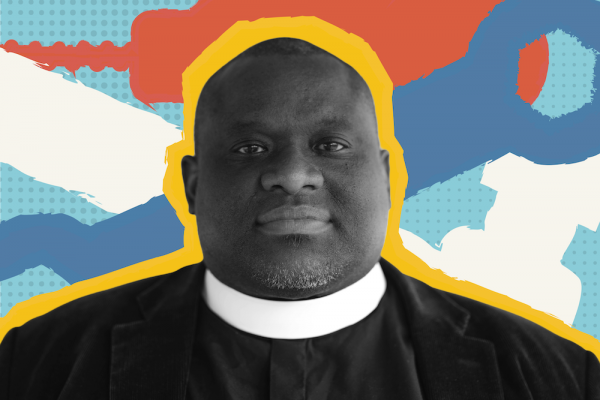When I was living on the West Side of Chicago, friends and family would often say that they couldn’t comprehend why I would want to live in such a “dangerous” area. The exchange would usually go something like the following: “I can’t imagine why you’d want to live in Chicago, considering all the gun violence.” “Are you worried about me being shot by the police?” “Well, no. The criminals are the ones who are shooting people.” “The police shoot people too. And there’s a reason the ‘criminals’ are resorting to violence.”
I would then go on to explain the antecedents to Chicago’s gun violence: racial segregation and systemic disinvestment. Beginning in the 1950s and into the ’70s, white Chicagoans fled the South and West Sides because they couldn’t imagine being neighbors with Black people. Because of this, these areas became predominantly Black, and the city has refused to invest resources into these neighborhoods to reverse their poor conditions. The South and West Sides are still suffering from disinvestment today, and this disinvestment is a major contributor to gun violence.
Read the Full Article

